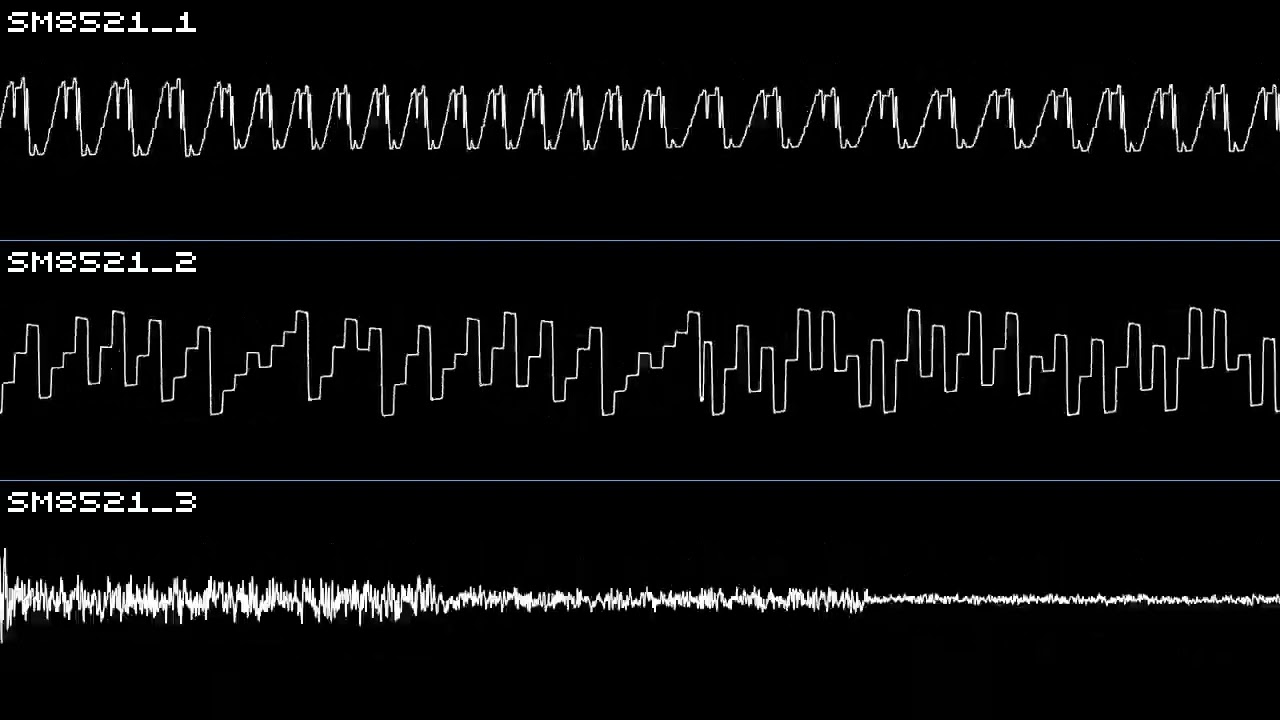Go Listen to Train’s Music
Thats Ash You Absolute grilled moron
Oh Thanks I didnt know it was Ash I thought it lookedl ike popcorn
Course you listen to dash.
You are a dumbass lol
Why you listen to a liar
Train ![]()
![]()
Trains of the Trains
yeah
TRAIN EMPIRE
Power: Trains
He uses it because he’s in the crk fandom
seems accurate ngl
yeah even dash agrees
Without COPPA or similar child data privacy laws in place from 2000 to 2025, the world would have evolved into a very different — and potentially alarming — digital landscape for children. Here’s a speculative but plausible timeline and narrative of how things might have unfolded:
 2000–2005: The Wild West of Data Collection
2000–2005: The Wild West of Data Collection
- No legal barrier stops early websites like Neopets, Club Penguin, or MySpace from collecting full names, addresses, phone numbers, and more from children.
- Ad networks begin profiling children early. Kids who visit Barbie.com or Cartoon Network are tagged with advertising cookies.
- Targeted ads for candy, toys, and even weight-loss products begin appearing based on children’s browsing behavior — with no way for parents to opt out or know it’s happening.
- Predators find it easier to exploit poorly secured, child-focused communities with chatrooms or forums.
 2006–2012: Big Data Meets Little Kids
2006–2012: Big Data Meets Little Kids
- As Facebook, YouTube, and Google expand, kids under 13 join freely.
- Platforms like YouTube start building individual psychological profiles on kids by analyzing their video choices, screen time patterns, and behavior.
- Toy manufacturers pay platforms for custom ad campaigns designed using individual child profiles.
- Children’s data is sold in bulk to data brokers, with no public scrutiny.
- Bullying and mental health issues rise as children receive ads or messages based on insecurities inferred from their online activity.
 2013–2018: Surveillance Childhood
2013–2018: Surveillance Childhood
- Without COPPA or GDPR-like laws, smart toys like Hello Barbie, talking teddy bears, and baby monitors record voice and video freely — with no privacy terms.
- Schools adopt ed-tech platforms that collect vast amounts of data on kids’ learning habits, facial expressions (via webcams), and even their moods.
- Social networks create hyper-personalized feeds for kids, increasing screen time to unhealthy levels.
- AI begins to predict life outcomes (e.g., likelihood of going to college or joining certain industries) from child behavior data — and that data is sold to insurers, schools, or advertisers.
 2019–2025: The Corporate Kid
2019–2025: The Corporate Kid
- By now, children have digital identities shaped by corporations — and those profiles follow them for life.
- A 10-year-old might be shown college prep content or discouraged from applying based on their browsing history at age 7.
- Insurance companies use past health searches or activity to adjust premiums.
- Governments begin experimenting with child social scoring systems based on behavior online.
- Parents try to opt-out but there are no laws to support them. Kids’ entire online histories are on permanent record by age 12.
- Tech companies start using emotionally manipulative AI to influence kids’ behavior, purchases, and even relationships.
 By 2025: The Backlash Begins
By 2025: The Backlash Begins
- Whistleblowers reveal just how much data companies have been harvesting on kids.
- Major public scandals erupt when data leaks expose private conversations, health data, and psychological profiles of millions of children.
- Mental health professionals demand regulation.
- Grassroots movements push for a “Digital Childhood Bill of Rights.”
 Final Thoughts
Final Thoughts
Without COPPA or child privacy laws, the world of 2025 might look like a digital dystopia for kids — where their every move, mood, and interest is monetized before they even understand privacy or consent.
Laws like COPPA may not be perfect, but they serve as a critical line of defense for children in a world where data is currency and attention is profit.
no
But you havent produced train music
Its A Joke Bro
hehe
Religion of Train Empire: Trainism
